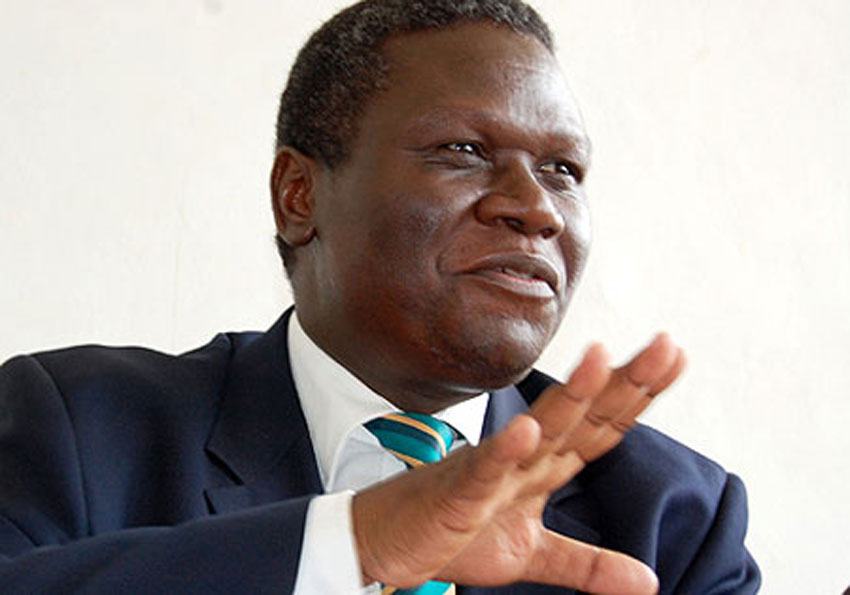The Minister of Justice and Constitutional Affairs Nobert Mao has called for the full operationalization of the ‘Administration of the Judiciary Act 2020’ in order to empower the judiciary and curb corruption tendencies.
While speaking during the 24th annual Judge’s conference held on Monday at Mestil Hotel, Mao said the Act gives the administrative and supervisory authority to the Chief Justice in accordance with Article 133 of the Constitution and the power to establish operational committees within the Judiciary to perform functions and duties as the Chief Justice may determine for the efficient and effective administration and delivery of justice to Ugandans.
The Minister revealed that once the Act is fully operationalised, he is very confident the Judiciary will be sustainably transformed into a new arm of government that will see tremendous reduction in and elimination of case backlog, timely delivery of justice, increased investment and economic growth as a result of investor confidence in the justice system of Uganda, taking judicial services nearer to the people, promoting peace, the rule of law and constitutionalism in the country.
“As the Minister of Justice and Constitutional Affairs, I am committed to working with the Judiciary in order to achieve the full transformation. I commit to supporting the Judiciary in their quest to realize their mission and vision of enhancing access to justice for all,” he said.
He added that the Act operationalizes Chapter Eight of the Constitution in order to strengthen the independence of the Judiciary. It also streamlines the management of funds for the Judiciary; provides for the efficient and effective administration of the Judiciary; establishes the Judiciary Council to advise the Chief Justice on the administration of justice and courts; establishes the institutional structure within the Judiciary to improve the performance of the Judiciary; provides for enhanced retirement benefits for Judicial Officers among related matters.
“The operationalization of the Administration of the Judiciary Act, 2020 has brought a paradigm shift with regard to the constitutionality and independence of Judiciary in the execution of its functions therefore this is an is an important piece of legislation in governing the Judiciary” Mao added.
Meanwhile, the Act in question was passed on 2nd June 2020 and it was signed into law by President Yoweri Museveni on 19th June 2020. Its enactment resulted from lobbying and advocacy campaigns by the Coalition in support of the Independence of the Judiciary (CISTICJ).
The Coalition included; the Centre for Public Interest Law (CEPIL), Chapter Four Uganda, the Uganda Law Society (ULS), the Legal Aid Service Providers Network (LASPENT), FIDA Uganda, the Foundation for Human Rights Initiative (FHRI) and the Anti-Corruption Coalition Uganda (ACCU).
It was formulated because, for a long time, Judiciary had not been financially independent. Following a number of reports on the performance of the Judiciary, issues of case backlog and ineffective and inefficient performance of the Judiciary were alluded to its lack of financial autonomy, thus leaving it prone to external influence. The Act’s objective was to make the Judiciary self-accounting and provide for detailed administration of the Judiciary headed by the Chief Justice.
Since its enactment in 2020, in the recent 2 financial years alone Judiciary has seen an increase in its budget which has resulted in a boost in the number of judicial officers and expansion of the coverage of the Judiciary as was presented by the Chief Justice at the launch of the Annual Performance Report in August 2022.
Do you have a story in your community or an opinion to share with us: Email us at editorial@watchdoguganda.com













